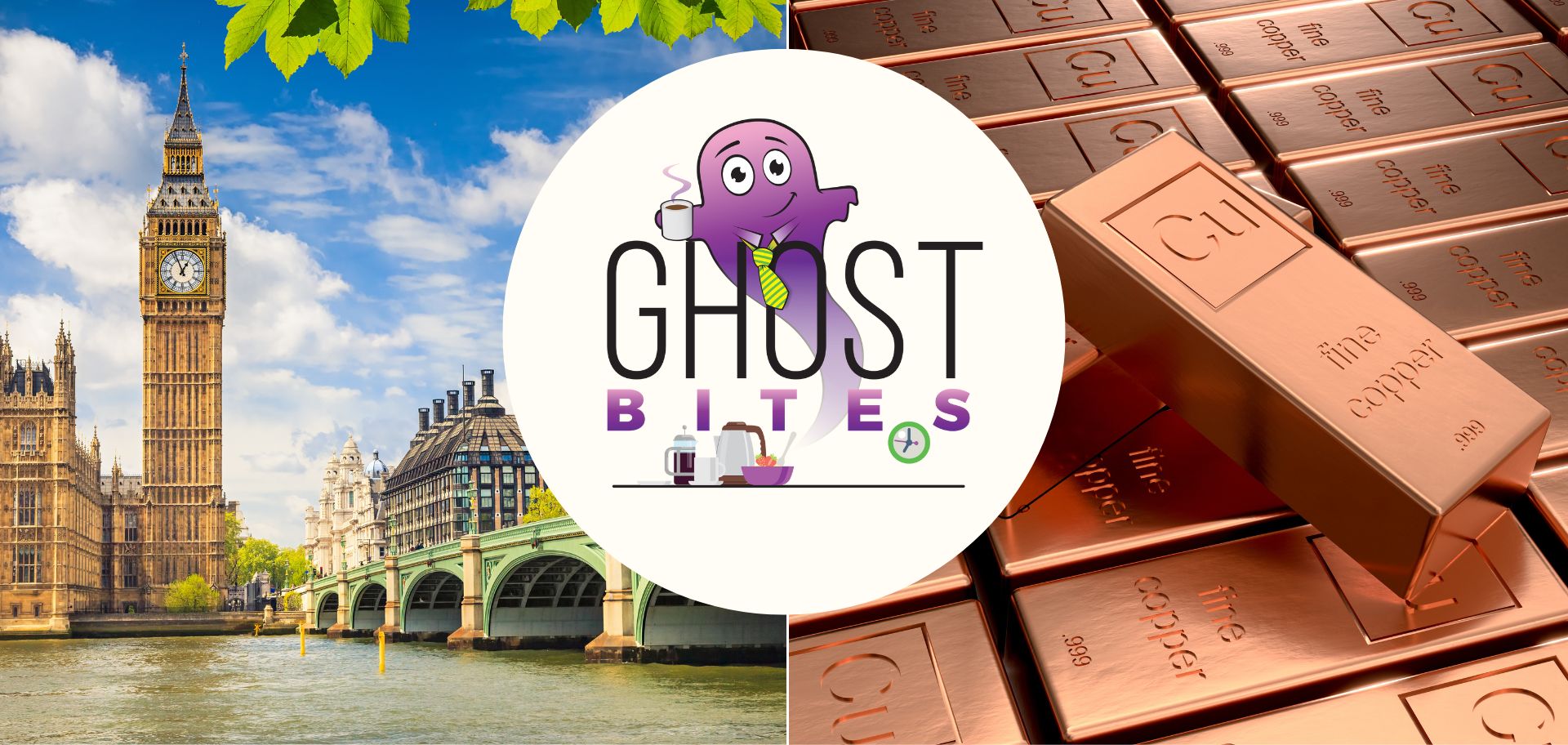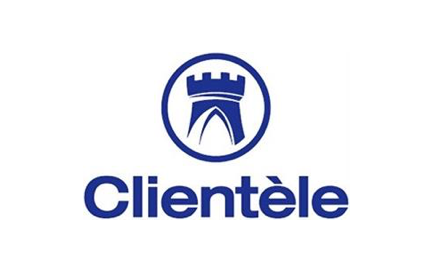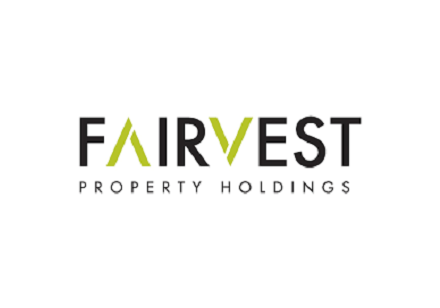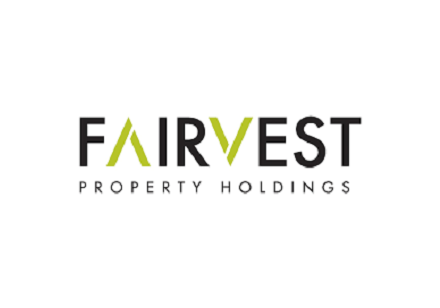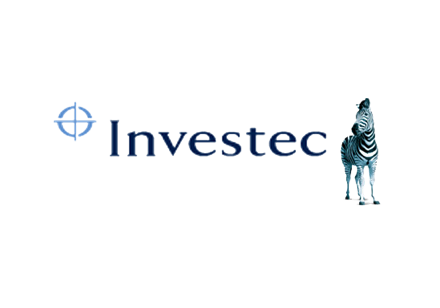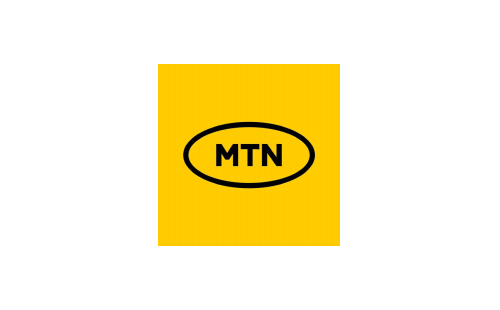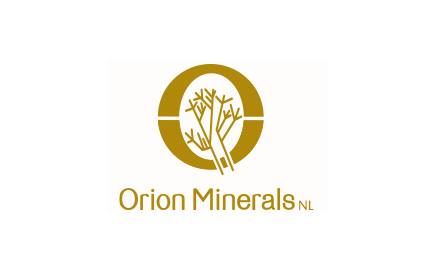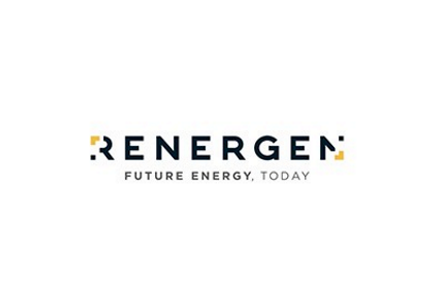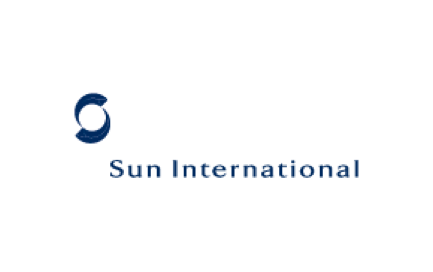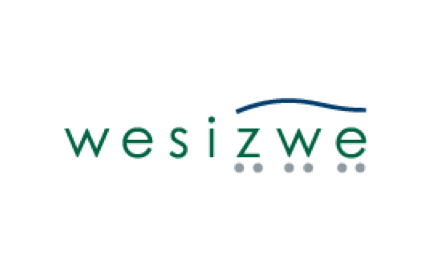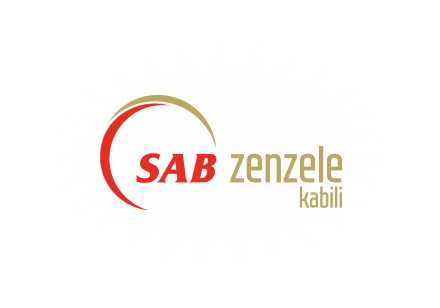Get the latest recap of JSE news in the Ghost Wrap podcast, brought to you by Mazars:
At Clientèle, perhaps its best to focus on the dividend (JSE: CLI)
IFRS 17 has severely impacted comparability of the numbers
The transition in accounting rules from IFRS 4 to IFRS 17 has been a difficult thing for life insurance groups. Comparability is severely limited in these cases, at least in the transition year itself. For example, just moving from IFRS 4 to IFRS 17 suddenly increased the net asset value at Clientèle by R2.2 billion. Despite the jump in net asset value, HEPS fell by 4% year-on-year, largely influenced by a major swing in the effective tax rate due to deferred tax assets.
TL;DR: it’s complicated.
When the numbers get this tricky, I try and look for something simple to latch onto. Cash is always a good one, so the dividend being flat at 125 cents per share is probably the best metric to consider here. I also wouldn’t ignore profit before tax increasing by 47% thanks to a solid performance from the underlying operations.
The share price has been choppy in recent times, delivering a return of only 6.7% in the past year. If you add on that dividend though, it looks vastly better, as the trailing dividend yield is a substantial 10.5%. Sometimes, the dividend is an almost immaterial component of total return. At Clientèle, that definitely isn’t the case. This is a perfect example of a company that is offering a substantial dividend and decent prospects of underlying growth.
Fairvest expects to exceed distribution guidance for the B shares (JSE: FTA | JSE: FTB)
Key metrics are moving in the right direction
Fairvest has released an update dealing with the trading period that ended in August. This is a pre-close update, as the financial year ends in September.
With 69.1% of revenue coming from the retail sector, Fairvest’s exposure is mostly in the right place. They are sitting with 18.8% of revenue in the office sector and 12.1% in industrials.
They also have a 5% stake in Dipula (JSE: DIB).
Between March (the interim period) and August, vacancies decreased from 4.7% to 5.3%. Rental reversions (the rate on new leases vs. the expired lease) were positive 4.3%, which is also higher than the interim period at 3.1%. This has contributed to the happy news that Fairvest is expected to exceed the guided distribution per B share of between 41.5 cents and 42.5 cents.
Even the office portfolio is heading in the right direction, with vacancy rates down from 12.6% in the interim period to 10.7% at the end of August. They’ve been working hard on that portfolio and I think the work-from-home trend is well and truly dead for most companies.
Investec expects HEPS to be rather flat in the interim period (JSE: INL | JSE: INP)
The UK business underperformed the local business
Investec has released a pre-close trading update dealing with the five months to August. In both countries of operation, the UK and South Africa, the period was impacted by uncertainty ahead of elections. Since then, it’s been a story of improved activity and an expectation of reduced rates that has now materialised.
For the six months to September, Investec expects pre-provision adjusted operating profit to be between 6.7% and 12.9% higher. This was assisted by an improvement in the cost-to-income ratio, as revenue growth was ahead of costs. Both net interest income and non-interest revenue seemed to do well, although trading income was down year-on-year. It’s interesting to see Investec highlight that although there was decent demand for loans out there, they also saw elevated repayments in a higher interest rate environment. Perhaps the biggest operational highlight was that funds under management in Southern Africa increased by 10.7%.
Unfortunately, HEPS will be -1.4% to +3.5% vs. the prior period, so that’s a pretty flat performance at the mid-point. One of the reasons for the flat HEPS performance is the cost of corporate activity and other strategic actions, along with the amortisation of intangible assets related to the Rathbones business combination in this period. Remember, HEPS may exclude impairments but it doesn’t exclude amortisation.
The credit loss ratio is around the upper end of the through-the-cycle range of 25 basis points to 45 basis points, with a fairly consistent credit position vs. the end of the previous financial year.
Looking deeper, the Southern African business achieved growth in adjusted operating profit of at least 15% compared to the prior period. The credit loss ratio is below the midpoint of the through-the-cycle range of 15 basis points to 35 basis points. Return on equity should be close to the upper end of the 16% to 20% target.
The UK business has a far less compelling year-on-year story to tell, with adjusted operating profit down by between 5% and 11%. The credit loss ratio is above the guided range of 50 basis points to 60 basis points, with specific impairments having been suffered. Return on tangible equity is between 13% and 14%, within the target range of 13% to 17%.
This means that group return on equity is between 13% and 14%, within the target range of 13% to 17% but at the lower end of it. Group return on tangible equity came in between 15.5% and 16.5%, which is in the middle of the 14% to 18% target range.
MTN moves forward with the proposed extension to the B-BBEE deal (JSE: MTN)
If shareholders don’t approve the extension, there is very little value in the scheme
As previously announced, MTN is looking to extend the MTN Zakhele Futhi scheme by a period of three years. This is quite simply to buy time for the MTN share price to hopefully recover, creating more equity value in the B-BBEE scheme. There is a great deal of debt in the scheme (like in most B-BBEE deals), with the recent pressure in the MTN share price leading to a situation where the B-BBEE scheme was underwater for a while and due to expire worthless.
Thankfully, a recent uptick in the MTN price has put the scheme back in the green, but not by much. I agree with MTN that it is not in the best interests of the B-BBEE shareholders to allow the scheme to expire in November as was originally the plan. If shareholder don’t vote in favour of the extension, the current MTN share price suggests that each MTN Zakhele Futhi shareholder would only receive R3.51 in value once all the MTN shares are sold and the debt is settled.
With MTN Zakhele Futhi currently trading at R10, the market is clearly pricing in a successful extension.
The circular with the details of the extension and the notice of the general meeting can be found at the bottom of the page at this link.
Orion has released its detailed annual report (JSE: ORN)
The company has had an incredibly busy year
Orion Minerals has released full details for the year ended June 2024. Enthusiasts of junior mining will enjoy working through the full report. Orion gained a lot of respect from me this year for choosing to include retail investors in its capital raise. Far too many listed companies just run off to institutions when they need money.
The group’s main activities relate to the Prieska Copper Zinc Mine and the Okiep Copper Project. At the former, they are busy with the development of key infrastructure to support mining operations. At the latter, they are earlier in the process with the current priority being to complete the bankable feasibility study this year.
There is a third project that is even earlier in the process called the Jacomynspan Nickel-Copper-PGE project. They are in discussions with potential users of the metal vapour powder products that they think can be produced from that project.
With trial mining underway at the Prieska Copper Zinc Mine, this was a hugely important transition period for the company.
Renergen has resumed LNG production (JSE: REN)
Annual maintenance has been completed
Production at Renergen is always a contentious issue, considering just how long it took for the helium production to come online. You can almost hear a sigh of relief when there’s good news around the operations, as many shareholders are still licking their wounds.
The good news is that the annual maintenance of the entire plant is now complete, with the plant started earlier this week and LNG production resumed. The helium module is being started and will be brought down to temperature to recommence filling. Perhaps the important nuance here is that they haven’t actually started filling helium again just yet.
Importantly, the maintenance was managed entirely by Renergen’s internal team rather than any OEM contractors.
Nuggets:
- Director dealings:
- The group company secretary of Sun International (JSE: SUI) has sold shares worth nearly R1.7 million.
- Wesizwe Platinum (JSE: WEZ) released a trading statement dealing with the six months to June. HEPS will be between 1.40 cents and 13.32 cents vs. a loss of 59.63 cents in the comparable period. When the guided range is that wide, you can see that they are at a point where the layer of profits is terribly thin. The increase was mainly due to unrealised forex gains on foreign loans.
- SAB Zenzele Kabili (JSE: SZK), the B-BBEE structure linked to AB InBev (JSE: ANH), has released earnings for the six months to June. This was the scheme where nobody wanted to listen to sensible views during the pandemic. Even the directors tried to tell the market to stop buying shares so far above the value of what they were actually worth. Due to the level of debt in the structure vs. the performance in AB InBev, here’s what it looks like when investors choose to mistrust experienced views and the numerous analysts who were quoted in the media trying to warn people to stop buying this structure at crazy levels:


